Sacred Objects, Contested Ownership: Indigenous Groups Seek Repatriation From The Vatican
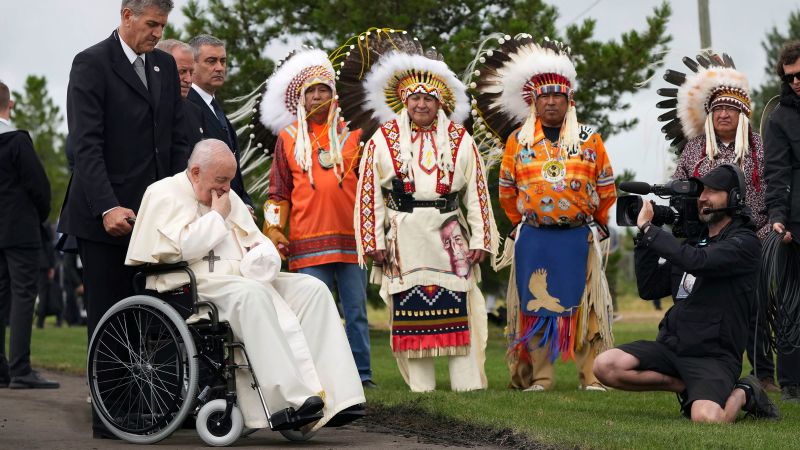
Welcome to your ultimate source for breaking news, trending updates, and in-depth stories from around the world. Whether it's politics, technology, entertainment, sports, or lifestyle, we bring you real-time updates that keep you informed and ahead of the curve.
Our team works tirelessly to ensure you never miss a moment. From the latest developments in global events to the most talked-about topics on social media, our news platform is designed to deliver accurate and timely information, all in one place.
Stay in the know and join thousands of readers who trust us for reliable, up-to-date content. Explore our expertly curated articles and dive deeper into the stories that matter to you. Visit Best Website now and be part of the conversation. Don't miss out on the headlines that shape our world!
Table of Contents
Sacred Objects, Contested Ownership: Indigenous Groups Seek Repatriation from the Vatican
The Vatican Museums, renowned globally for their unparalleled collection of art and artifacts, are facing increasing pressure to return sacred objects to Indigenous communities. This complex issue, steeped in centuries of colonialism and cultural appropriation, highlights the ongoing struggle for Indigenous rights and the preservation of cultural heritage. The demand for repatriation is not merely a request for the return of material possessions; it represents a deep-seated yearning for the restoration of spiritual connection and cultural identity.
A History Rooted in Colonialism
Many of the objects held within the Vatican's collection were acquired during the era of European colonization. Missionaries and explorers, often acting with imperial backing, amassed vast quantities of Indigenous artifacts – ceremonial masks, religious statues, textiles, and other culturally significant items – through methods ranging from outright theft to coercive acquisition. These items, often sacred and imbued with deep spiritual meaning for their original owners, were subsequently transported to Europe and eventually found their way into the Vatican's vast holdings.
This historical context is crucial to understanding the current calls for repatriation. The acquisition of these objects was rarely consensual and often directly contributed to the disruption and destruction of Indigenous cultures. The removal of these sacred items represents not just a loss of tangible possessions but also a severing of spiritual ties and a profound erasure of cultural memory.
The Growing Movement for Repatriation
Several Indigenous groups, representing diverse cultures from across the globe, are now actively campaigning for the return of their ancestral artifacts. Their arguments are multifaceted, emphasizing:
- Spiritual Significance: Many of these objects are integral to Indigenous spiritual practices and ceremonies. Their absence deeply impacts the ability of communities to maintain their traditions.
- Cultural Identity: These artifacts serve as tangible links to ancestral knowledge, history, and identity. Their repatriation would help to revitalize and preserve cultural heritage.
- Moral Imperative: The acquisition of these items was often unjust and unethical. Returning them is a necessary step towards acknowledging past injustices and promoting reconciliation.
The Vatican's Response and the Challenges Ahead
The Vatican has yet to fully address the demands for repatriation with a comprehensive policy. While some individual instances of repatriation have occurred, a systematic and transparent process remains elusive. The challenges are significant, including:
- Vastness of the Collection: The Vatican Museums house millions of artifacts, making the task of identifying and cataloging objects of Indigenous origin a monumental undertaking.
- Complex Legal Frameworks: International law regarding cultural heritage repatriation is still evolving, creating complexities in determining ownership and negotiating returns.
- Differing Perspectives: The Vatican's perspective on ownership and the significance of these objects may differ drastically from that of Indigenous communities.
Looking Forward: The Path to Reconciliation
The ongoing struggle for repatriation of sacred Indigenous objects from the Vatican highlights a broader global conversation about cultural heritage, colonial legacies, and the rights of Indigenous peoples. Open dialogue, collaborative research, and a commitment to ethical practices are crucial to achieving a just and equitable resolution. A transparent process, involving Indigenous communities in the identification and return of their sacred items, is essential for fostering reconciliation and promoting the preservation of cultural heritage for future generations. This is not simply about returning objects; it is about restoring dignity, recognizing cultural rights, and building a more equitable future. The international community has a crucial role to play in supporting these efforts and ensuring that Indigenous voices are heard and respected. We urge readers to learn more about these ongoing struggles and advocate for the return of these sacred objects to their rightful owners.

Thank you for visiting our website, your trusted source for the latest updates and in-depth coverage on Sacred Objects, Contested Ownership: Indigenous Groups Seek Repatriation From The Vatican. We're committed to keeping you informed with timely and accurate information to meet your curiosity and needs.
If you have any questions, suggestions, or feedback, we'd love to hear from you. Your insights are valuable to us and help us improve to serve you better. Feel free to reach out through our contact page.
Don't forget to bookmark our website and check back regularly for the latest headlines and trending topics. See you next time, and thank you for being part of our growing community!
Featured Posts
-
 Match Of The Day Day 7 Popcorn And The Big Game
May 31, 2025
Match Of The Day Day 7 Popcorn And The Big Game
May 31, 2025 -
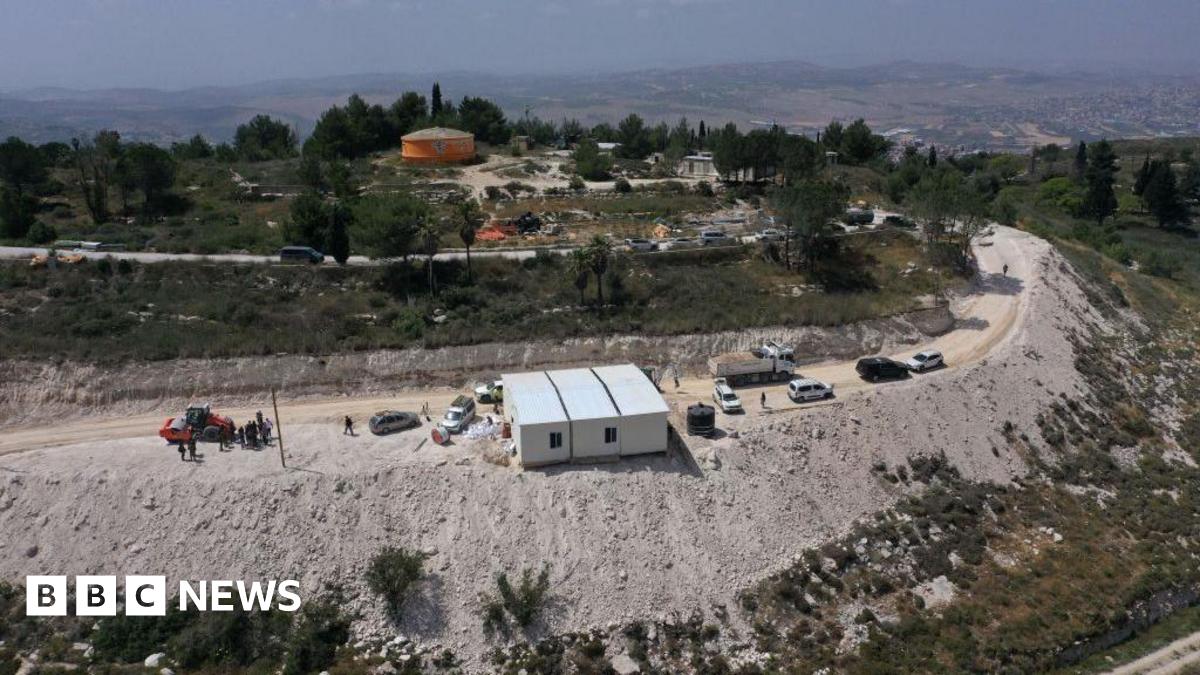 West Bank Settlements Israel Announces Significant Expansion Plans
May 31, 2025
West Bank Settlements Israel Announces Significant Expansion Plans
May 31, 2025 -
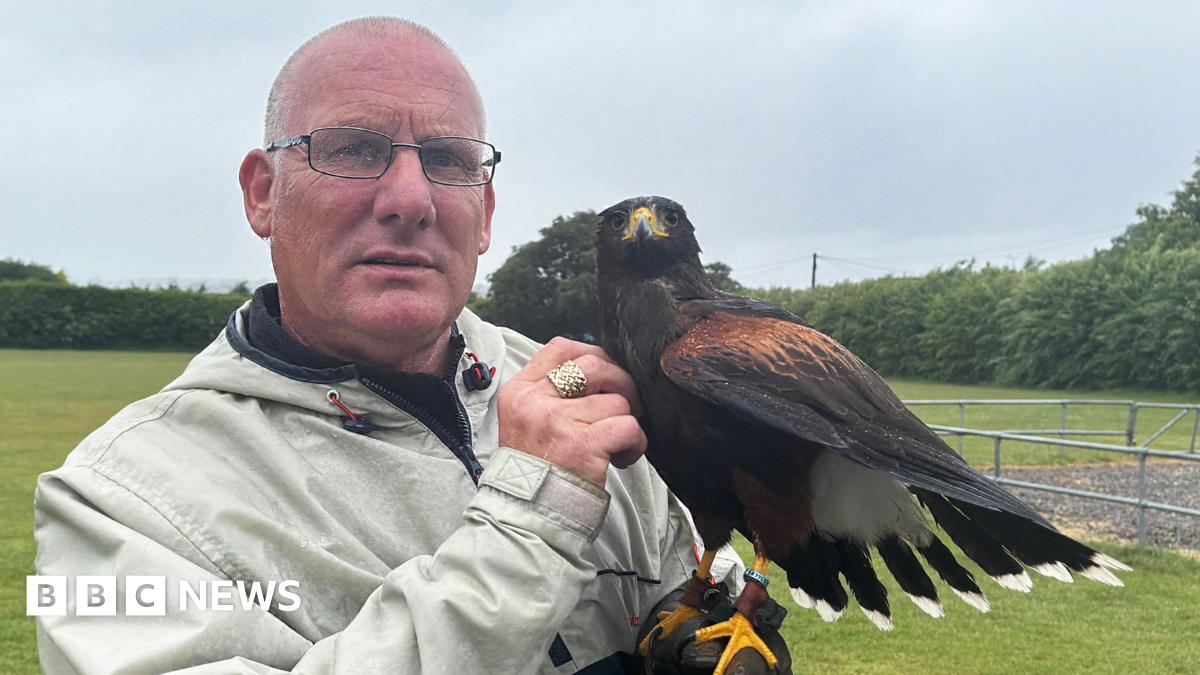 From Rescue To Recovery A Flamstead Hawks Forever Home
May 31, 2025
From Rescue To Recovery A Flamstead Hawks Forever Home
May 31, 2025 -
 Kelly Smith Sentenced South Africa Kidnapping And Sale Of Joshlin Smith
May 31, 2025
Kelly Smith Sentenced South Africa Kidnapping And Sale Of Joshlin Smith
May 31, 2025 -
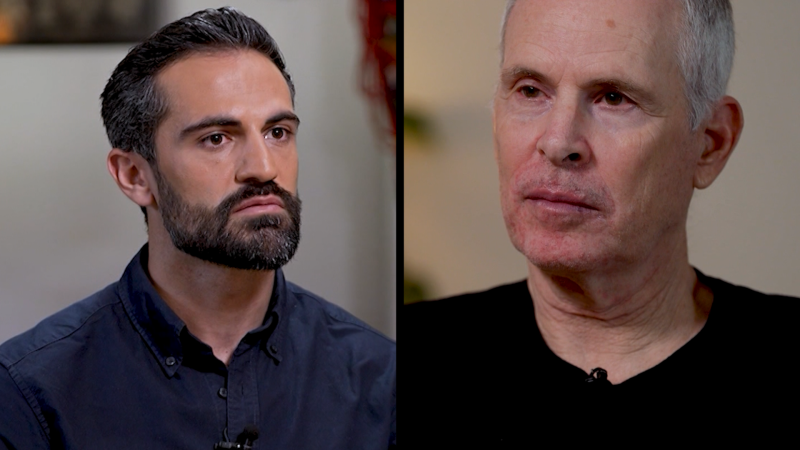 Cnn Report Israeli Hostages Harrowing Account Of Hamas Torture
May 31, 2025
Cnn Report Israeli Hostages Harrowing Account Of Hamas Torture
May 31, 2025
Latest Posts
-
 Tampa Bay Residents Urged To Prepare For Severe Weather Heat And Storms Imminent
Aug 24, 2025
Tampa Bay Residents Urged To Prepare For Severe Weather Heat And Storms Imminent
Aug 24, 2025 -
 Government Intensifies Crackdown On Child Benefit Fraud Abroad
Aug 24, 2025
Government Intensifies Crackdown On Child Benefit Fraud Abroad
Aug 24, 2025 -
 Overseas Child Benefit Claims Targeted In New Fraud Crackdown
Aug 24, 2025
Overseas Child Benefit Claims Targeted In New Fraud Crackdown
Aug 24, 2025 -
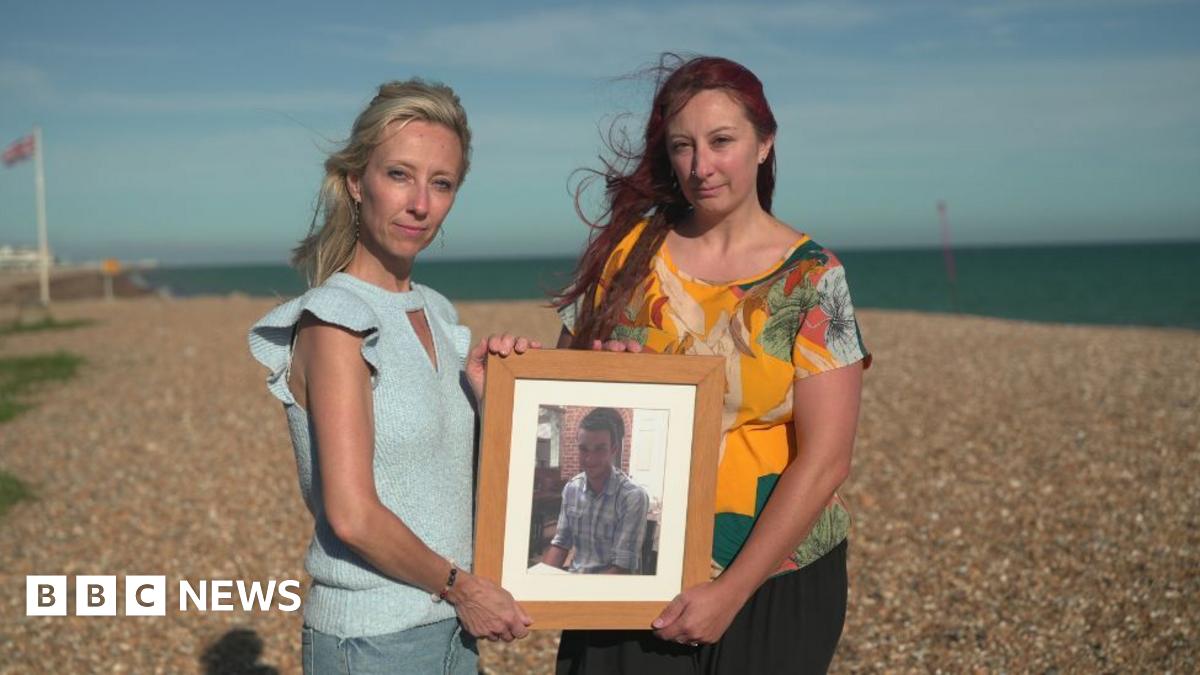 The Lasting Impact Of The Shoreham Air Crash A First Hand Account
Aug 24, 2025
The Lasting Impact Of The Shoreham Air Crash A First Hand Account
Aug 24, 2025 -
 Stricter Penalties For False Child Benefit Claims Made Abroad
Aug 24, 2025
Stricter Penalties For False Child Benefit Claims Made Abroad
Aug 24, 2025
